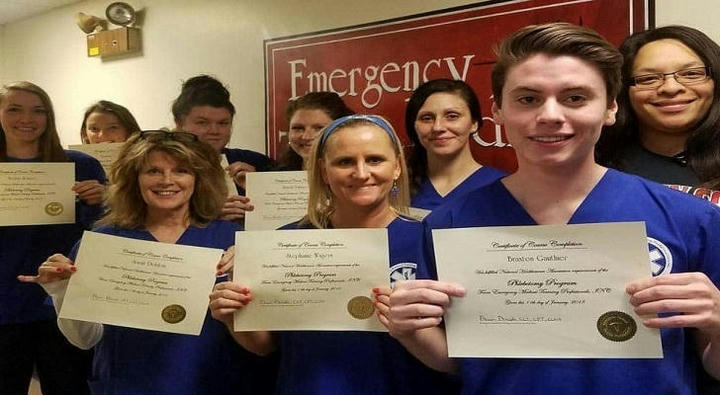Want to Become an LPN? What Government or Federal Support is Available?
Becoming a Licensed Practical Nurse (LPN) offers a practical and accessible pathway into the healthcare field, ideal for those seeking stable employment with meaningful impact. With a relatively short training period, growing job opportunities, and various government supports, entering the nursing profession has never been more achievable.

✅ What Does an LPN Do?
Licensed Practical Nurses (LPNs), also known as Licensed Vocational Nurses (LVNs) in some states, provide essential care to patients who are ill, injured, or recovering. Their responsibilities include monitoring vital signs like blood pressure and temperature, assisting with basic patient care such as bathing and dressing, administering medication in certain states, and reporting patient status to registered nurses and physicians. LPNs often work in nursing homes, hospitals, home healthcare settings, and physicians’ offices. They play a critical role in patient comfort and safety while often supervising nursing assistants.
✅ How to Become an LPN
To become an LPN, completion of a state-approved practical nursing program is required. These programs typically last about one year and are often available at community colleges and technical schools. Coursework covers nursing fundamentals, anatomy and physiology, pharmacology, and includes hands-on clinical experience. After the program, candidates must pass the NCLEX-PN licensing exam to practice. Optional certifications in areas such as IV therapy and wound care are available for those seeking to specialize or advance.
✅ Why Choose an LPN Career?
- Short Training Duration: Most programs take approximately 12 months to complete.
- Growing Demand: Employment is projected to grow by 3% over the next decade, with about 54,400 annual job openings mainly due to retirements and workforce replacement.
- Competitive Pay: The median annual wage was $62,340, with higher pay in government roles and residential care facilities.
- Career Advancement: LPNs can advance to supervisory roles or pursue further education to become Registered Nurses (RNs).
✅ Work Environment and Challenges
LPNs work in various settings including nursing facilities (37%), hospitals (16%), home healthcare (12%), and physicians’ offices (12%). Many work full-time schedules that can include nights, weekends, and holidays. The profession has a relatively high risk of occupational injuries due to physical demands and exposure to infectious diseases and hazardous materials. Nonetheless, some LPNs travel to provide care in underserved areas, contributing to community health.
✅ Government and Federal Support for Aspiring LPNs
The federal and state governments provide several resources to support LPN students financially:
- Federal Financial Aid: Through FAFSA, students may qualify for Pell Grants, subsidized and unsubsidized loans, and work-study programs.
- Nursing Scholarships: Programs such as the Nurse Corps Scholarship offer tuition assistance and stipends in exchange for service in high-need areas.
- State Grants: Various states have scholarship and grant programs to ease tuition costs for nursing students.
- Employer Tuition Assistance: Many healthcare employers offer tuition reimbursement or paid training programs to help employees become licensed practical nurses.
✅ Balancing Work and Study
Many LPN programs offer flexible schedules including evening, weekend, and hybrid classes that combine online theory with in-person clinical practice. This flexibility allows students to continue working while pursuing their nursing education, maintaining income and minimizing financial disruption.
📋 Quick Facts
| Category | Details |
|---|---|
| Program Length | Approximately 12 months |
| Licensing Exam | NCLEX-PN |
| Median Annual Wage | $62,340 per year ($29.97 per hour) |
| Employment Growth | 3% growth projected (2024–2034) |
| Work Settings | Nursing homes, hospitals, home care, offices |
| Financial Aid Options | Federal aid, scholarships, employer support |
| Learning Formats | Evening, weekend, hybrid |
| Ideal For | Career changers, CNAs, working adults |
LPN programs provide a solid foundation for a rewarding and secure career in healthcare. With supportive government funding and flexible education options, becoming an LPN is a viable step toward joining a vital profession serving communities nationwide.
